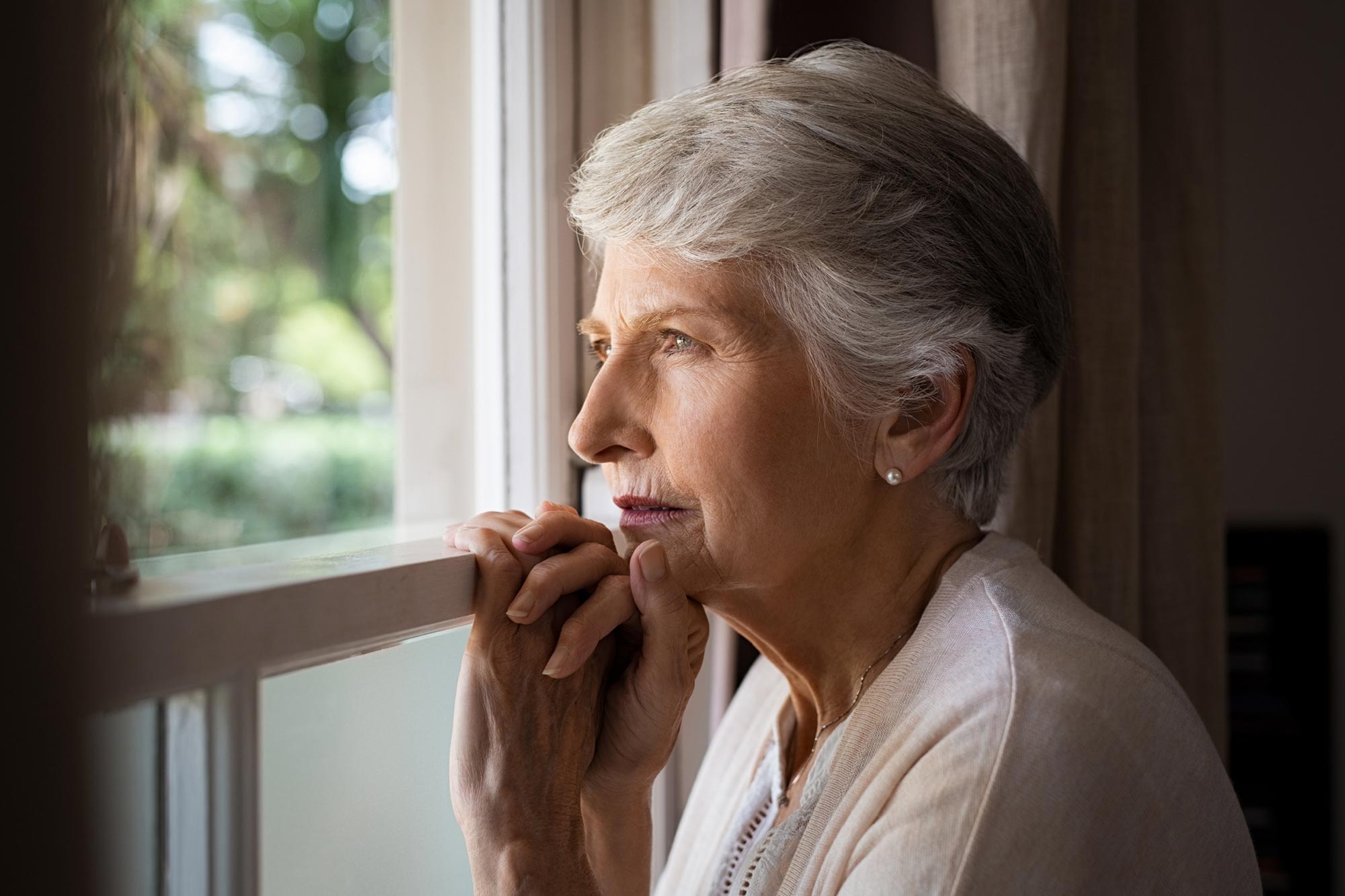The study found that older people stuck at home could benefit from a virtual trip to a museum.
A randomized controlled study demonstrates substantial gains in assessments of social isolation, well-being, quality of life, and frailty.
Scientists have long known that social isolation is linked to a range of health problems, including increased risk of heart disease and stroke, as well as mental decline and even early mortality. Because they are more likely to be socially isolated and lonely, older adults are particularly vulnerable. The coronavirus pandemic made the situation worse by requiring social distancing, particularly to preserve the health of the world’s older population.
However, when combined with interactive art-based activities, the same digital technology that allows workers to connect remotely could help older adults become healthier physically, mentally and socially. This is the conclusion of a recent study, which is the first to show how trips to virtual museums can considerably improve the quality of life of older people who are confined to their homes. The researchers’ findings were published in the journal Frontiers in Medicine.
Researchers from Canada and the Montreal Museum of Fine Arts (MMFA) collaborated to explore the benefits of conducting weekly virtual tours over the course of three months. 106 residents of the Montreal metropolitan area aged 65 or older were recruited for the research. Half of the participants attended a guided tour every week, while the control group did not participate in any cultural activities during the same period of time.
art improves life
The intervention group showed significant improvements in their social isolation, well-being, quality of life and frailty assessment scores compared to the control group, according to the paper.
“Our study showed that art-based activity can be an effective intervention,” said lead author Dr. Olivier Beauchet, a professor at the University of Montréal. “On a global scale, this art-based participatory activity could become a model that could be offered in museums and art institutions around the world to promote active and healthy ageing.”
The biggest benefit of the 45-minute virtual museum tours, which also included a 15-minute question-and-answer session at the end with a museum guide, was an improvement in frailty.
Frailty refers to a “vulnerable condition that exposes people to adverse health events and disabilities that negatively affect their quality of life and increase health and social costs,” Beauchet explained. “Health and social systems must address the challenge of limiting frailty and its related adverse consequences in population aging.”
A creative way to improve health
The new study is an extension of earlier research that investigated the potential health benefits of an ongoing MMFA program for seniors called “Thursdays at the Museum.” Findings from the single-arm pilot study in 2018 indicated that museum-organized art-based activities can improve the well-being, quality of life, and health of older adults.
Indeed, the success of the pilot study led to a three-year multinational study to test the effectiveness of such art-based interventions in societies and cultures. In addition, the Research Center of the Montreal Geriatric University Institute, in collaboration with MMFA and the University of Montreal, is developing a new program that unites art and health called the Arts & Longevity Lab. The purpose of the laboratory is to develop, validate and promote interventions based on art for older adults.
These initiatives reflect the approaches advocated by the World Health Organization (WHO) to control chronic diseases, according to Beauchet. For example, the WHO launched the Aging and Health Program in 2015, which included the use of community organizations to promote culture as a key component to improve health. Traditionally, these types of preventive health activities have been carried out in schools, community centers and workplaces.
“While these are good places that reach a large number of people, there are additional organizations and sectors that could become partners in research and development of public health practices,” said Beauchet. “Museums are among those potential partners. They are aware of the needs of their communities and are therefore expanding the types of activities they offer.”
Reference: “Benefits of a 3-month cycle of weekly virtual museum visits in older adults living in the community: results of a randomized controlled trial” by Olivier Beauchet, Jacqueline Matskiv, Kevin Galery, Linda Goossens, Constance Lafontaine, and Kim Sawchuk , August 16, 2022 , Frontiers in Medicine.
DOI: 10.3389/fmed.2022.969122
The study was funded by the Fonds de recherche du Québec-Société et culture and the Montreal Museum of Fine Arts.
(function(d,s,id){var js,fjs=d.getElementsByTagName(s)[0];if(d.getElementById(id))return;js=d.createElement(s);js.id=id;js.src=”https://connect.facebook.net/en_US/sdk.js#xfbml=1&version=v2.6″;fjs.parentNode.insertBefore(js,fjs);}(document,’script’,’facebook-jssdk’));
